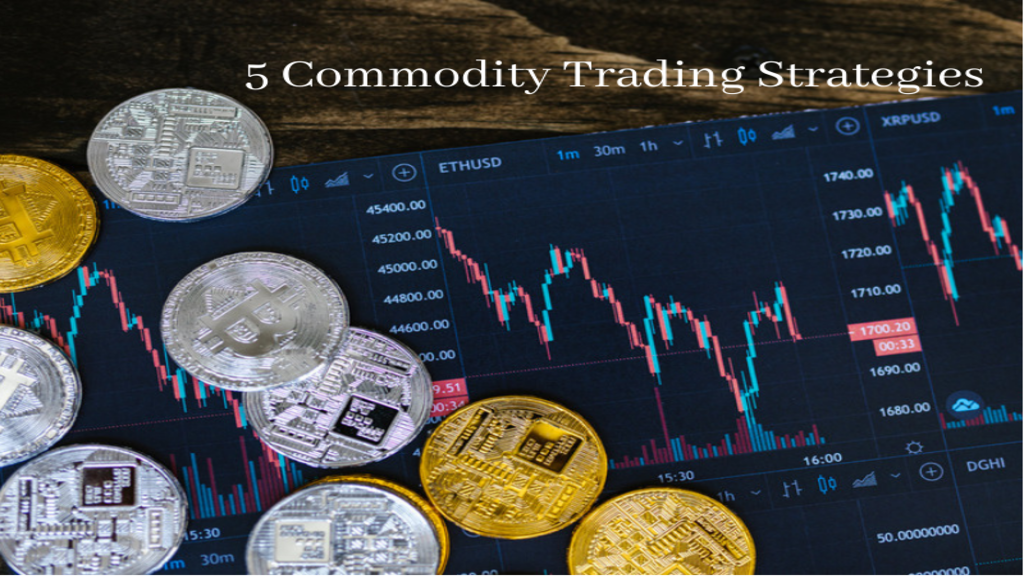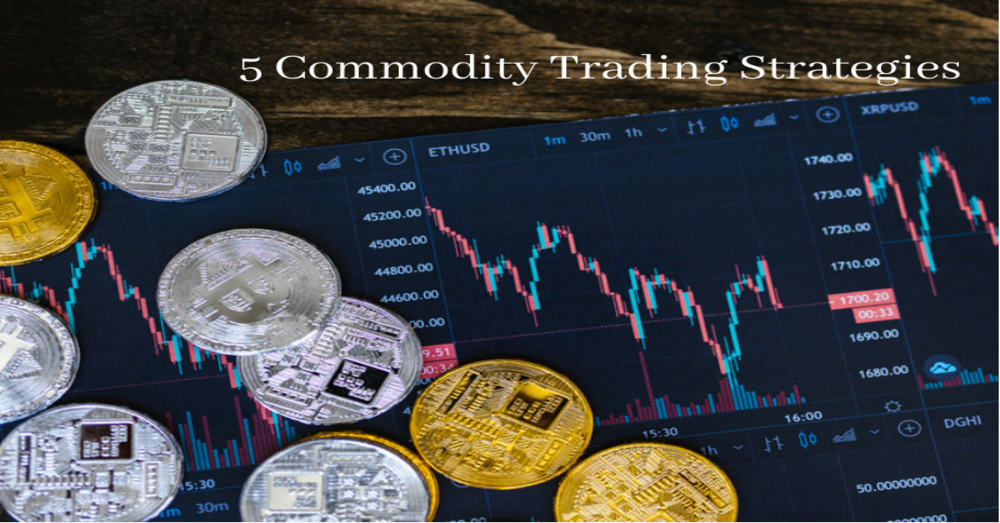
In recent years, commodity trading came up with a different strategy for trading. Commodity trading has distinguished itself as a superior trade for traditional financial instruments. Some investors claim that trading commodities are simpler than trading stocks, because volatility is much lower and more predictable. Besides these and other advantages, commodity trading enables investors to diversify their approach to asset allocation, get respectable leverage, insure against inflation, and much more. Many traders had made a lot of money from commodity trading.
Besides the general supply and demand situation in the market, other factors also affect the price of commodities. It is crucial to remember that commodities are cyclical, and as a result, prices change annually during the same time period. This makes it easier for investors to trade or make investments. Other advantages of commodity trading include asset allocation, inflation hedging, and getting respectable leverage.
Investing in commodities, however, requires the same knowledge of marketing tactics and Trading Tricks as other types of investments. There are equal chances of making profits and losses because the commodities market is still erratic.
Following are some strategies for commodity trading :
Follow-The-Trend Commodity Strategy for trading:
In commodity markets, trend-following strategies typically perform well. The more favorable the trend, the better your chances of success. Simply following the trend is the best Commodity Strategy. The laws of demand & supply determine the price of commodities. Demand and supply can interact to produce bullish and bearish trends. When supply and demand are in balance, product trends are inherently powerful and long-lasting.
Recognize The Seasonality Of The Commodity Markets as trading tricks:
Traders and investors must never downplay the significance of seasonality in the markets for commodities. This is because of the crucial role that seasonality plays in predicting the prices of the commodities that are traded on the commodity market.
It is important to remember that commodities are actual objects whose use and availability may change with the seasons. For instance, the monsoon and the country’s general weather impact the production of grains.
Similar to internal factors, external factors like heavy rainfall can influence crop production, which can influence their price. Traders and investors must therefore monitor the seasonality of commodity markets using trading applications for the right strategy for trading or by consulting a professional advisor.
Make Volatility Your Closest Strategy for trading:
Volatility characterizes a trader’s life. The best commodity market trading advice may be one that helps you comprehend volatility and take advantage of it. While some commodities (like agricultural products or copper) are very volatile, others are less volatile (such as crude oil, gold, etc.). Commodities that are low-volatile typically follow a longer-term trend in a predetermined direction.
To make volatility your friend, you must comprehend the broad trend and the price range of the commodity you want to trade. You have to select the lot size for each commodity you trade.
Inexperienced traders base their decision on the amount of margin when determining the lot size. But savvy investors always take the commodity’s volatility into account when selecting the lot size rather than its margin.
Before moving on to high-volatility commodities, we advise it for new traders to start with low-volatility ones. The commodity market advice your broker gives you will make more sense once you understand how prices move.
Analyze The Market Thoroughly:
It is always a good idea to research the market before investing. Before assuming any positions in the markets, traders and investors must conduct thorough research. Since commodity markets are extremely volatile, just like stock markets, this is crucial for commodity trading.
Experts advise to invest in commodities when the markets are gradually transitioning from a bearish to a bullish trend. When the market is in a bearish trend, it is best to sell commodities by using stop-loss orders and holding resistance in short positions. When traders and investors develop this skill, trading commodities becomes noticeably simpler for them, and their chances of making money look better.
Scalping Technique:
Scalping is the practice of making money off of minute price changes. The scalper makes modest gains with modest adjustments and leaves before the losses completely cancel out the gains. By scalping, you can increase the number of profitable trades while lowering the average profit per trade. If the winnings are significantly greater than the losses, traders can typically win about half of their trades. However, depending on the number of trades, if you are skilled at scalping, you will have a high win-or-lose rate.
The winning amount is, however, either the same or slightly greater than the loss amount. Because it only interacts with the market for a very brief time, a scalping strategy for trading is one of the most profitable commodity strategies, removing the risk of unfavorable events.
Additional Tips
Gold, cotton, wheat, and oil are the most popular single commodities traded by renowned commodity traders. These markets differ from one another. Find a niche and dominate a single market. Discover and study every feature of a niche product. Building a successful Strategy for Trading in commodities starts with doing this. You must gain a more confident understanding of the market you trade in order to identify your market.
For instance, you would be better off becoming a gold trader if you had a better grasp of how prices move in the gold market. You are better off being a coffee trader, though, if your commodities strategy produces the best results in the coffee market.
These are the 5 most important commodity trading strategies. Before deciding whether to go long or short on these ideas, traders must, of course, speak with their financial advisors or brokers.
It’s time to put on your trader’s hat and start putting your knowledge in the test now that you are familiar with the best commodity market advice. You can manage ongoing bullish and bearish trends and navigate the current volatility by learning about effective Commodity Trading Strategies. But we need more than just a commodity strategy to be an experienced commodity trader. Hard work and discipline are required.
As you have seen, successful commodity strategies, it is important to know the risks and how to manage and control in commodity trading

